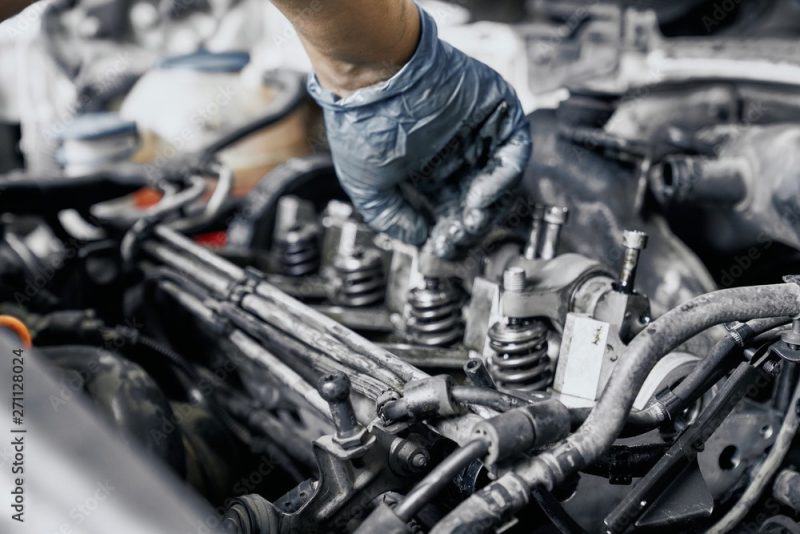Looking for power, torque, and the ability to work and travel? A diesel-powered vehicle might be a good choice. Here are the pros and cons of owning one.
You have a choice of a gas- or diesel-powered vehicle when you’re ready to make a purchase. Both have their benefits, but some folks might suspect a diesel-powered vehicle delivers a bit more in terms of power. Still, these vehicles have their drawbacks and their advantages, so it’s worth thinking twice before taking the plunge and buying one. So, what are the pros and cons of owning a diesel-powered vehicle? Here are a few things to keep in mind.
Diesel Pros
Better Mileage
It might surprise you to hear that diesel engines are remarkably fuel-efficient. Diesel fuel packs a wallop, containing greater potential for converted energy than gasoline. Diesel-powered vehicles can travel much farther on a gallon of fuel than many gas-powered ones. The fuel costs add up if you depend on your vehicle for work or travel. Diesel ensures you’re getting more mileage for your bucks. Also, you can upgrade many diesel-powered vehicles, such as SUVs, for better gas mileage.
Greater Torque
What is torque? While horsepower is the measure of speed, torque measures twisting power, or more specifically, the force that makes the vehicle go forward. Clear as mud? Think of it in terms of towing and hauling power. Better torque means the vehicle can handle heavy loads. Explore your vehicle’s torque potential if you plan to haul, tow, yank, or perform other work—the higher the potential, the better.
Tough Enough?
Gasoline-powered engines aren’t weak by any stretch of the imagination, but diesel engines have more “muscle” and staying power. A diesel engine goes farther and works harder for far longer than other engines if you want an engine that lasts a long time (with proper care, of course).
Cha-Ching!
Diesel is desirable, especially from a resale perspective. You’re likely to get a bigger return on your investment if you decide to sell. Depreciation isn’t the rule with diesel-powered cars, trucks, SUVs, and vans.
Diesel Cons
Cha-Ching?
Of course, nothing is perfect. Diesel-powered vehicles also have drawbacks. For instance, while you might get a better resale value out of a diesel vehicle, you’ll pay more upfront. Most diesel vehicles cost a pretty penny because you’re paying for quality and durability. Make sure your desired vehicle is within your budget.
Regular Maintenance
Remember the maintenance mentioned earlier? It’ll cost you. First, you’ll need to find a place that sells diesel fuel nearby (and wherever you go), and it costs more than gas. Diesel parts and services often cost more. You’ll also need a mechanic versed in repairing them—another potential expense.
Sound and Smell
Diesel engines are not gentle beasts. Expect some level of noisy operation and noxious smells when driving. It may not bother you but think of your neighbors.
What’s Next?
The pros and cons of owning a diesel-powered vehicle are many, and it is not a decision to make lightly. Calculate whether you have the funds and patience to own one. You can expect great things from it if you do, but always be ready for challenges!
